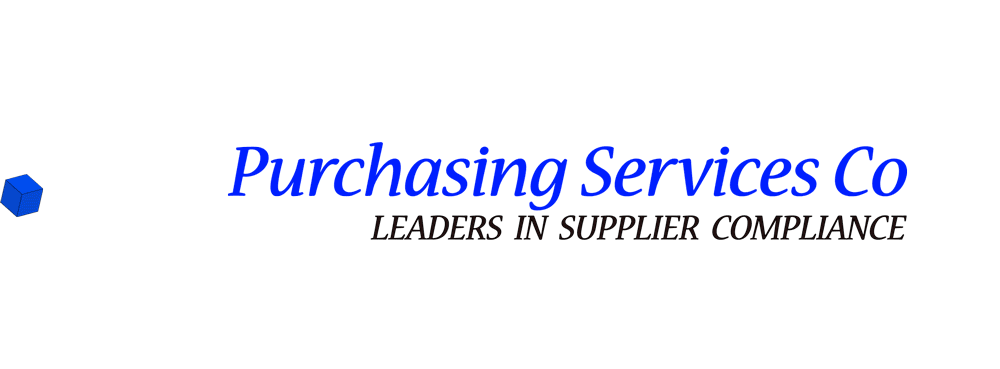ISO Spotlight Series: 14001
Though primarily concerned with environmental management, ISO 14001 also addresses aspects of occupational health and safety related to environmental impact.
ISO 14001 is more than just a certification; it’s a commitment to environmental stewardship woven into the fabric of organizational culture.
Today, environmental consciousness is increasingly crucial, and organizations worldwide are turning to ISO 14001 certification as a guiding light towards sustainable practices. Introduced in 1996 and continuously evolving to address contemporary environmental challenges, ISO 14001 provides a robust framework for Environmental Management Systems (EMS), empowering businesses to minimize their environmental footprint while driving continual improvement.
At its essence, ISO 14001 is more than just a certification; it’s a commitment to environmental stewardship woven into the fabric of organizational culture. It prompts companies to proactively identify and mitigate their environmental impacts, from resource consumption and waste generation to emissions and pollution.
A cornerstone of ISO 14001 is the principle of continual improvement. By adopting a systematic approach to environmental management, organizations can continually refine their processes, reduce their environmental impact, and drive innovation. Through regular audits and reviews, ISO 14001-certified companies ensure that their environmental management practices remain aligned with their sustainability goals.
Central to ISO 14001 is the concept of compliance with legal and regulatory requirements. By staying abreast of evolving environmental legislation and standards, organizations can ensure that their operations remain in full compliance, minimizing the risk of fines, penalties, and reputational damage.
Moreover, ISO 14001 encourages a holistic approach to environmental management, transcending organizational boundaries to engage stakeholders at all levels. By fostering open communication and collaboration, companies can harness the collective wisdom of employees, suppliers, customers, and communities to drive meaningful change and innovation.
The benefits of ISO 14001 certification extend beyond environmental stewardship to encompass tangible business advantages. By reducing resource consumption, minimizing waste, and enhancing efficiency, organizations can lower costs, improve profitability, and gain a competitive edge in the marketplace. ISO 14001 certification serves as a powerful differentiator, signaling to customers, investors, and partners a company’s commitment to sustainability and responsible business practices.
In conclusion, ISO 14001 certification represents a pivotal step towards fostering a culture of sustainability and environmental responsibility. By embracing its principles and practices, organizations can not only mitigate their environmental impact but also drive business success in an increasingly eco-conscious world, ensuring a brighter and more sustainable future for generations to come.

